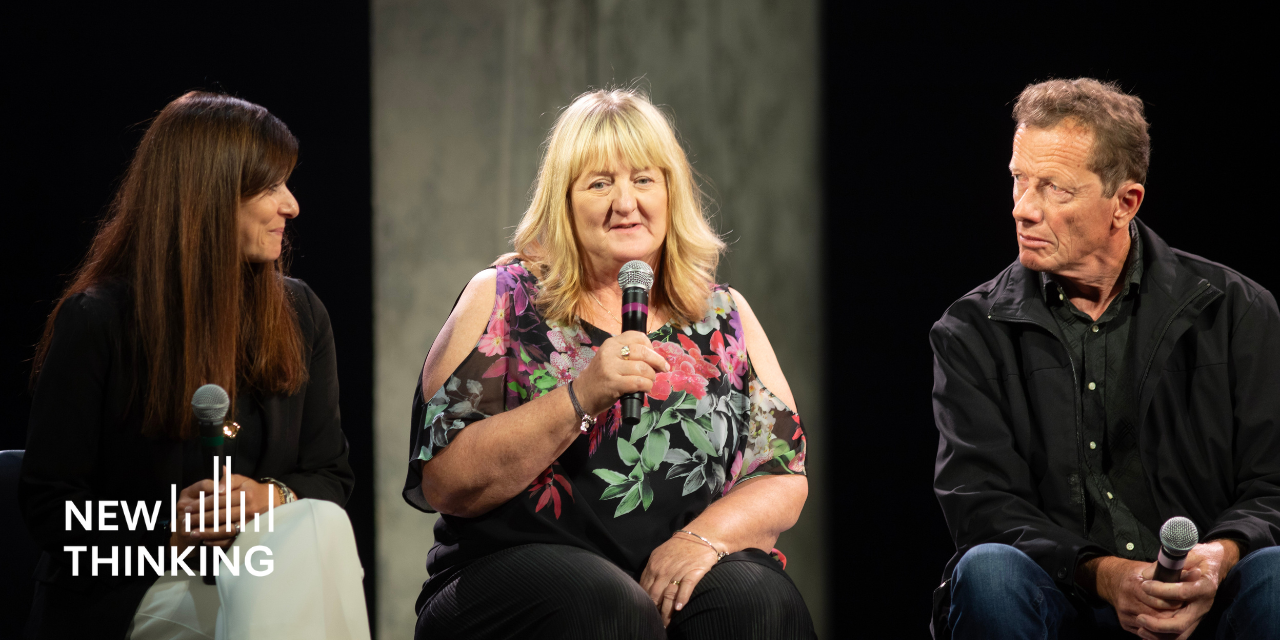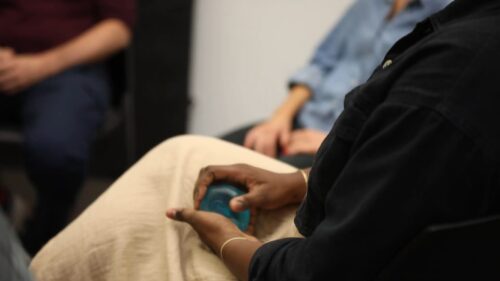Former Marion County District Attorney Scott C. Newman was elected Marion County Prosecutor in 1994, and was the driving force behind the Marion County Community Court that opened in April 2001. He talked with Sarah Archer-Beck of the Community Justice Exchange about the court..
You were an active proponent for the community court that opened in March. Why?
I think that community courts are really the next step in power sharing with the community: it provides visibility for community prosecution and policing and encourages accountability for quality of life in the neighborhoods. It’s a way to involve the courts and get their buy-in. Frankly, it’s a way to make sure that we have the right kind of judges, who are community-minded, who aren’t afraid to put a criminal case, even a low-level criminal case, in context, and to think a little more strategically in their sentencing. They need to ask not only about what happened, which is the traditional criminal justice question, but, as my friend Roger Conner [a community justice expert] puts it, ask the next question: “What’s happening? How can we change what’s happening?” By getting community-minded judges assigned to that court, I think we are able to be more responsive.
It’s kind of a gift to the community that says in the most concrete way we view you as an end in yourself. A strong community that feels efficacious in affecting its quality of life is an end in itself, not just a means to an end, not just our eyes and ears, as cops like to say to neighborhood folks. It’s also a way of showing confidence in what we’re doing. If we’re out in the community and we’re inviting the community in to see how we do justice in cases that affect quality of life, both criminal cases and cases involving responsible property management, then we’re showing confidence that we’re doing it right. And if we’re not doing it right we’re willing to hear the community’s thoughts about that.
You encountered a number of challenges in the planning process, didn’t you?
It’s a very ambitious project. It’s one of the hardest things I’ve had to do. It took almost three years to get it up and running. I almost gave up several times because of the difficulty of locating a building that we could afford that could be converted into a decent court with a decent lock-up space. It was very discouraging at times, but when I was ready to give up, people kept me in it. People, like the presiding judge, people from the neighborhood, really bought into the process and really kept me in it when my faith was flagging. I think it will be an important project. It’s only been open about three months, but it’s showing a lot of progress.
How do your prosecutors work with the community court?
The most important role we have had so far is making sure the criminal justice process in the community court works on the most nitty-gritty level—that the cases are processed properly, that proper records are being kept, that the process is streamlined and swift. One of the insights we feel community court brings to the table is that it’s not just the severity of sentences that makes a difference, it’s swiftness, certainty, visibility and the restorative nature of that sentencing. All that requires a lot of back-room process work by people who understand the paperwork flows of the justice system. And that’s where my people have been very involved. We’ve helped to make sure that when we turn the key on this thing, the engine starts up and runs smoothly.
The other thing that we’ve done is to design incentives to get defendants to want to participate in the community court. They have an opportunity to opt out and to have their case processed conventionally downtown so it’s important for experienced prosecutors assigned to the court to structure our plea agreements in the right way and work with the public defenders to make sure that people want to participate in the community court. We have to set some appropriate boundaries to those discussions so that we’re making wise choices and not jeopardizing public safety. We’ve been involved in making sure that we measure and evaluate outcomes in the community court and that we don’t get too comfortable with our processes. We’re always trying to push the envelope and bring some new things to the table, like alternative dispute resolution. We’re also involved in planning for the continuation of the funding. So we as prosecutors have been very involved in all that planning: making sure that it works, making sure that it’s a success, making sure that the cops support it, and making sure that it continues.
For now, the very same experienced people in the [Street Level Advocacy] unit that have helped us structure the court are the same people handling sessions in the court every day. Eventually I’ll phase that back and put them back into other strategic roles. I think that we can have deputy prosecutors that have less experience handling the actual sessions and getting experience that way. But for now, I wanted to make sure that the people who helped build the program are there in court making sure it works the way it was designed.
July 2001

